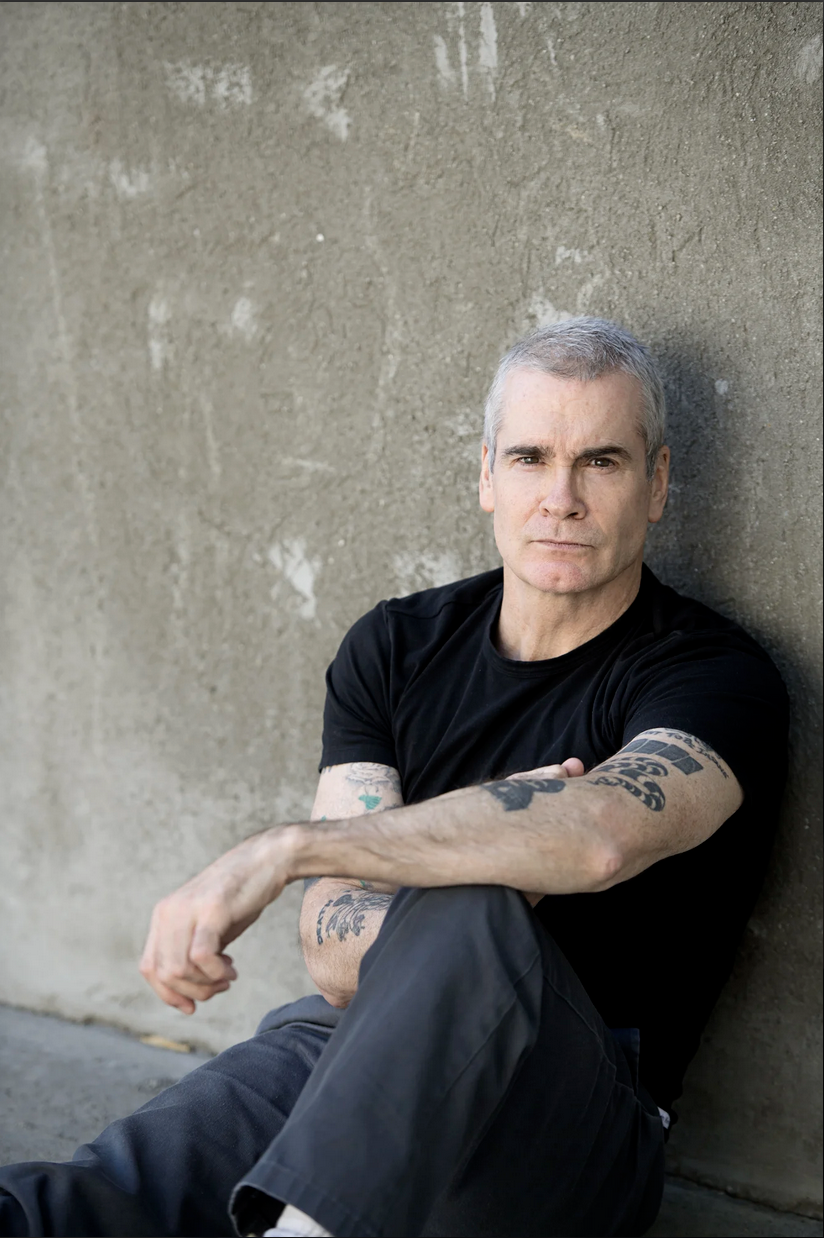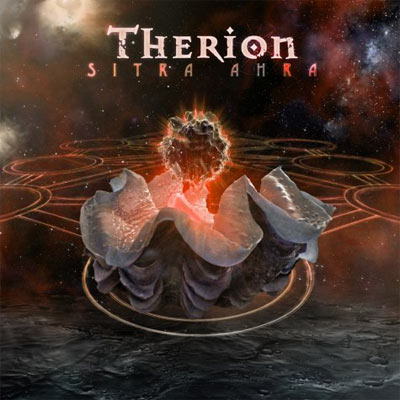This year I'm taking a different approach to posting my Top 10 of 2010. I've listened to so much music - most of it metal - this year, I've decided to post my list as individual posts. I'm trying something new instead of blurting out a whole spiel and cursing myself later for not taking my time. It'll be a considered, measured and thoughtful list from me this year.
As is customary, I choose 10 of the best and give three honorable mentions - the Gold, Silver and Bronze awards respectively. In keeping with the spirit of ceremony, the Bronze award goes to:
The Silver award goes to:
Of course, Therion are the standard-bearers for contemporary classical inspired metal and they run the gamut of the canon, streaking Vivaldi, Bach and Saint-Saens (as well as a symphonic metal "re-imagining" of Phantom of the Opera on the track Unugentum Sabbati) throughout the layers upon layers of seductive guitar rhythms, orchestral harmonies, tantric grooves and exotic, esoteric melody. Christofer Johnsson confirms yet again he is a master composer who is able to expertly balance his love of mystical epics and pomp with his propensity for power metal hooks and balladeering only to augment both. A balanced record with plenty of sweet guitar licks, instrumental surprises and measured choral lamentation.
The Gold award winner is:
You can almost envision the shag carpeting underneath all of the band's feet as they lovingly give re-birth to 70s hard rock jam - it's like Uriah Heep and Nazareth got together to share their innermost feelings and take a whole bunch of ecstasy - but in the most honest and life-affirming way.
I've always argued that Pain of Salvation are the true (flower) kings of prog metal - and prog music in general - and Road Salt One proves it once again. Looking very forward to Road Salt Two early next year.




